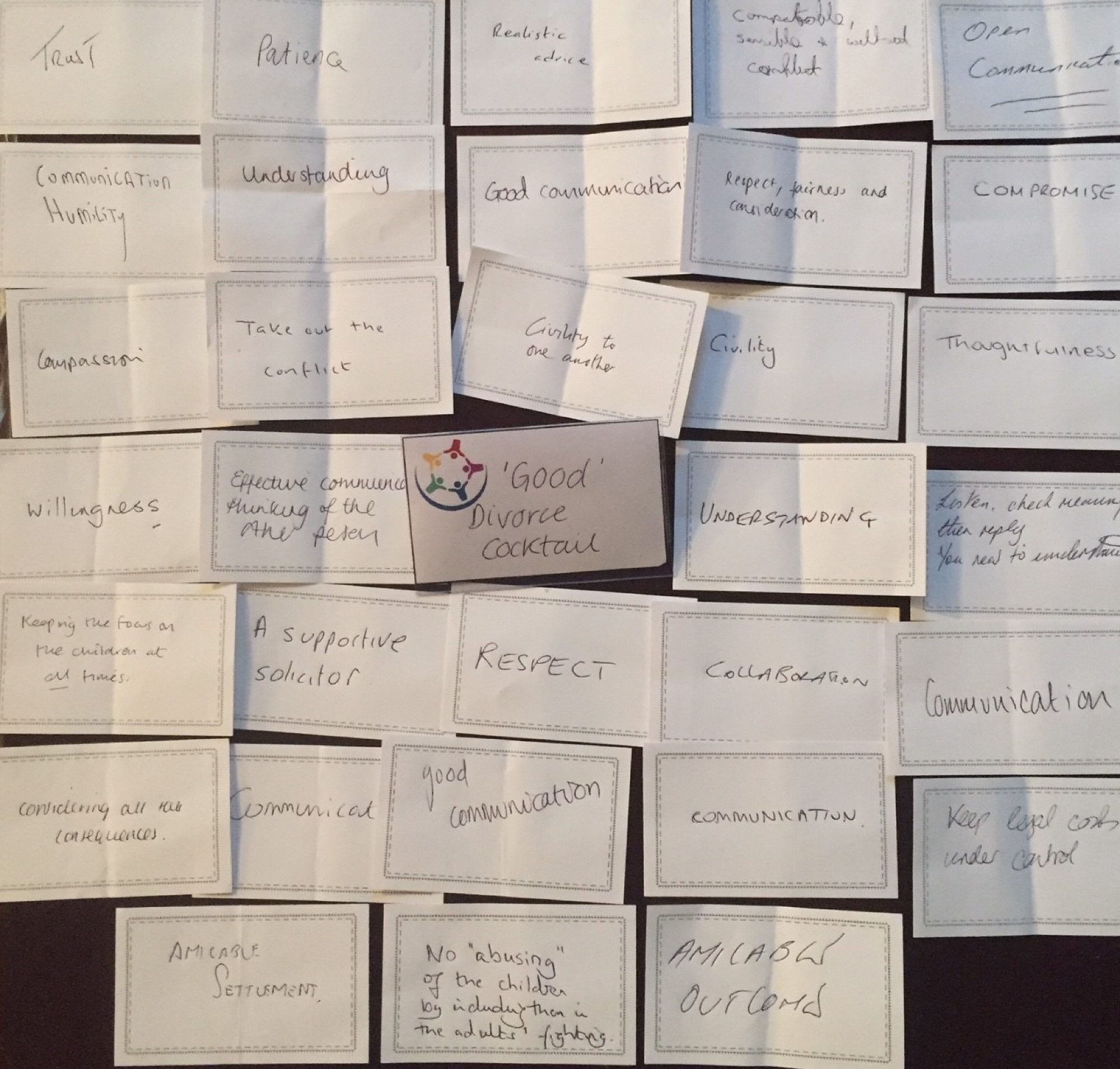While the financial benefits of advice are often discussed, the value it can add in terms of wellbeing is sometimes overlooked but is just as valuable. This can be particularly important when going through a divorce.
The improvements to wellbeing that financial advice can offer can be difficult to assess. After all, every client will have differing goals, priorities and challenges. Research from Royal London has measured how professional financial advice can support emotional wellbeing.
Financial advice helps people feel in control and confident
The research found that the vast majority of the 17 million people who seek financial advice in the UK benefit from a positive experience. Overall, it helps people to feel confident, in control of their finances and gain peace of mind. Clients rated three key areas that highlight the positive impact of a relationship with a financial adviser:
- Quality of advice and expertise (82%)
- Communication style (81%)
- Trustworthiness (81%)
One of the important ways the report found advice is adding value through understanding financial matters.
Those receiving advice feel up to three times more confident in their understanding of products and their finances than those who haven’t worked with an adviser. Some 23% of non-advised individuals said they would not know where to start when asked about life insurance, compared to just 7% of those taking financial advice.
The financial settlement and decisions you make at the time of divorce, have a long-lasting impact and it’s important to understand products and your options.
It’s a step that boosts emotional wellbeing. Some 63% of clients said they felt secure and stable, as opposed to 48% who did not receive advice. The report highlighted how it can have an impact on emotions too. Four in ten (41%) of those that do not take financial advice said they feel anxious about their household finances, compared to three in ten (32%) who receive advice.
On average, financial advice clients are £47,000 better off
While the emotional benefits of advice are important, the financial benefits are too. After all, financial freedom can help you to achieve goals and feel more confident about your future.
The report also covers previous research conducted by the International Longevity Centre UK. It found that customers who took financial advice were on average £47,000 better off. Those who fostered a long-term relationship with their adviser were up to 50% better off than those who received one-off financial advice.
Tom Dunbar, Intermediary Distributions Director at Royal London, said: “We have long suspected that the benefits of advice go far beyond financial gains alone and our research confirms that individuals who have received advice are more likely to feel confident about the future, and less likely to feel anxious or worried.





